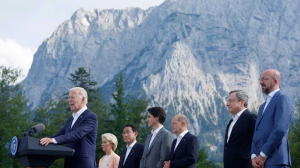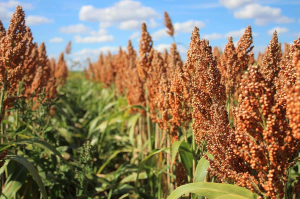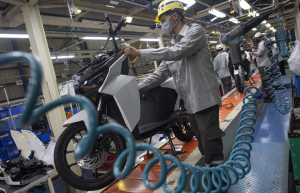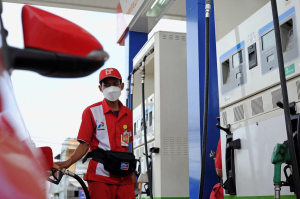Shaping the future: Indonesia’s proposal for critical minerals in IPEF trade
Indonesia’s proposal to include critical minerals in the discussion of the Pillar I of the Indo-Pacific Economic Framework (IPEF) trade talks has gained support from seven ASEAN countries and Australia.
This was revealed by Coordinating Minister for Economic Affairs Airlangga Hartarto after attending the IPEF ministerial meeting in Detroit, USA, on Saturday (27/5).
“Indonesia is ready to join the discussion on critical minerals as one of the priority topics in IPEF Pillar I,” Airlangga said on Monday (29/5).
Enhancing economic growth through critical minerals
Placing critical minerals as its foremost priority, the IPEF has made significant strides to foster global supply chains in the Indo-Pacific region, with the overarching goals of bolstering economic growth and ensuring energy security.
Demonstrating a strong interest in addressing critical mineral matters within IPEF Pillar I, the US also actively encourages enthusiastic involvement from all IPEF members. This collaborative effort seeks to secure the future availability of critical minerals among the participating countries.
Furthermore, it hopes to agree on several chapters in Pillar I before the IPEF Leaders Meeting in November 2023. These chapters include trade facilitation, technical assistance, economic cooperation, good regulatory practices, and domestic service regulations.
Indonesian regulation for critical minerals
Critical minerals are metallic and non-metallic elements that are essential for modern technology, economy, and national security. These minerals face a significant risk of supply disruption, making their availability a matter of utmost importance.
Critical minerals are also expensive because they are rare, hard to extract, and hard to replace with other metals or materials. They are often byproducts of mining tin, bauxite, nickel, and iron sand.
Regarding this, the Energy and Mineral Resources (ESDM) Ministry is preparing to issue a regulation for the classification of critical minerals, aims to secure essential minerals for domestic use amid the transition to clean energy.
This regulation will include 46 to 47 minerals as critical minerals, such as nickel and tin. The government aims to issue it next month.
“The discussion is 95 percent done, only one more round left,” Energy Minister’s Special Staff for Mineral and Coal Governance Acceleration Irwandy Arif said.
Initiative for a restricted FTA on critical minerals
In a prior development, President Jokowi had intended to propose a restricted free trade agreement (FTA) specifically targeting critical minerals between Indonesia and the US to President Joe Biden during the G7 Summit held on May 19 to 21. This would prevent Indonesian products with critical minerals from being taxed unfairly under the Inflation Reduction Act (IRA).
Previously, in mid-April, Coordinating Minister for Maritime Affairs and Investment Luhut Binsar Panjaitan had also engaged in negotiations for a limited FTA with the US.
According to Luhut, the US heavily relies on imports of critical minerals from Indonesia to increase its production capacity by eleven times by 2030. Specifically, the US requires approximately 800,000 tons of nickel annually, accounting for nearly half of Indonesia’s total supply.
Already have an account? Sign In
-
Start reading
Freemium
-
Monthly Subscription
20% OFF$29.75
$37.19/MonthCancel anytime
This offer is open to all new subscribers!
Subscribe now -
Yearly Subscription
33% OFF$228.13
$340.5/YearCancel anytime
This offer is open to all new subscribers!
Subscribe now







